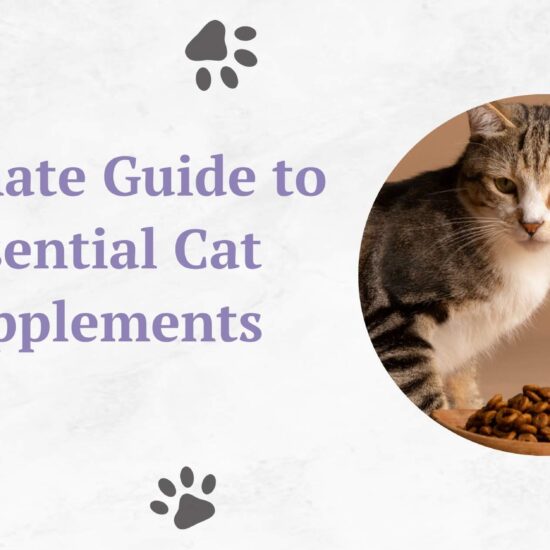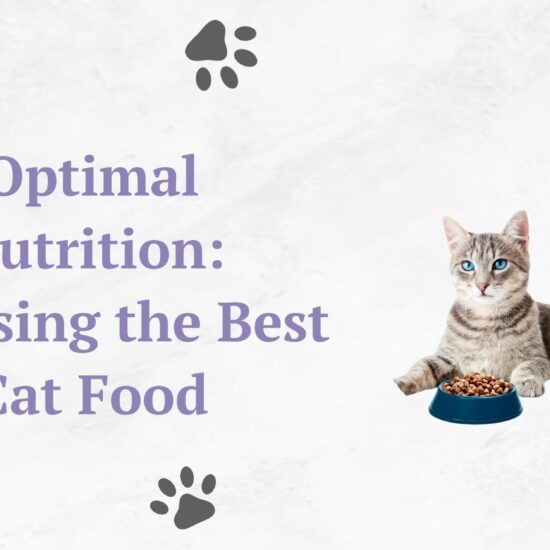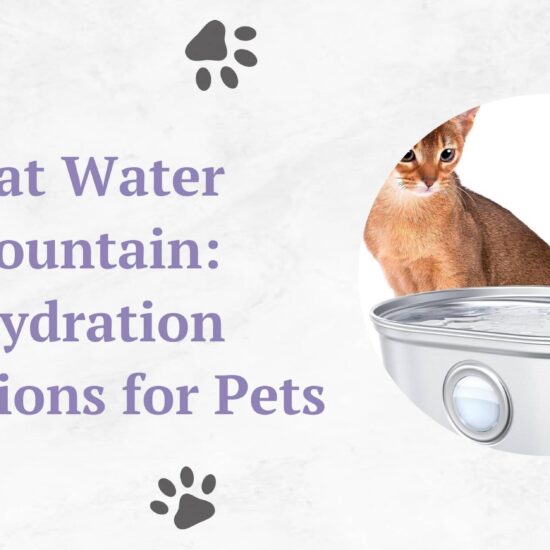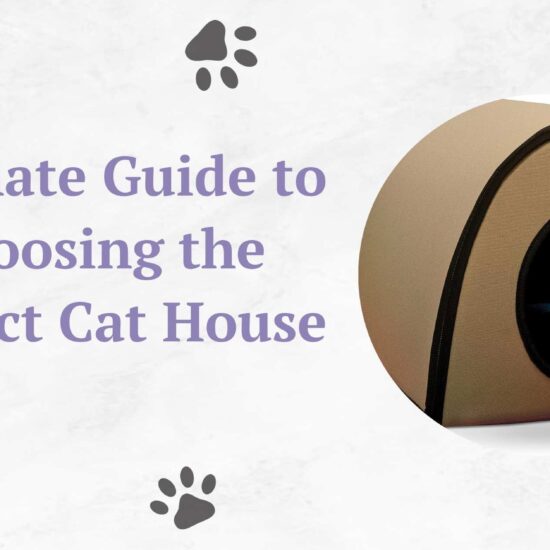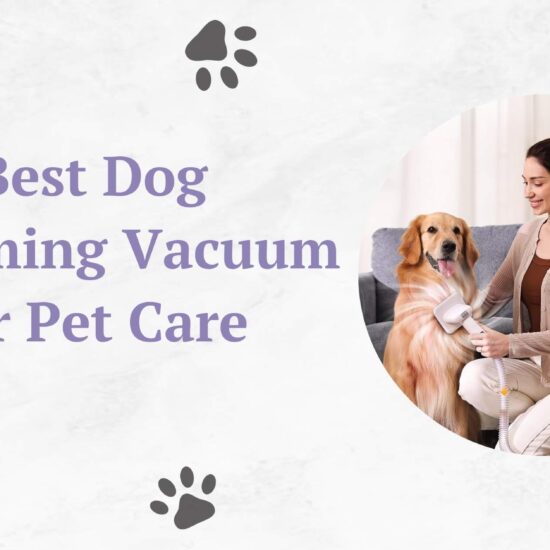Responsible pet ownership starts with proper pet care. When adopting a pet, it’s critical to realize that you are making a lifetime commitment to a family member who is dependent on you for their health and welfare. Fortunately, the unconditional love and happiness that pets provide us more than offsets the additional responsibilities that come with bringing a furry family member into the fold. These are the essentials that all responsible pet owners must supply for their pet’s health and happiness.
Table of Contents
Introduction
Taking good care of a pet requires full-time employment. This is the reason having a plan, or a method for taking care of your pet, is crucial when you aren’t able to be at home all the time. The first step to providing your pet food with the best care is to become as knowledgeable as you can about their individual needs, which will differ depending on the species and the amount of time you have at your disposal. But exactly what does that mean? Upon reflection, there are a plethora of things you can do to ensure your pet stays healthy. Although every one of these items is necessary, a few additional items have the potential to significantly alter your pet’s existence and, consequently, their longevity and general health.
Make sure your pet gets enough exercise and social interaction

Being a good pet parent involves giving your pet plenty of exercise and social connection. Ensuring your pet has adequate activity throughout the day is the greatest method to guarantee that they get the exercise they require. To make sure your pet receives the exercise and company they require while you are away, you can either give them toys and play with them throughout the day, or you may hire a pet sitter. It’s crucial to remember that your pet’s requirements for exercise and socialization will differ according to the species and level of time you have available. For instance, although they seek affection and attention in different ways, dogs and cats both need it.
Compared to cats, dogs require more time spent with you since they require greater social connection in addition to a lot of physical affection. Cats require mental stimulation even if they may appear content to be left alone. They enjoy playing occasionally. Remember that no two pets are alike, even if they belong to the same species. Certain dogs—and yes, even cats—might, for example, require more affection than others.
Keep your pet well nourished and at a healthy weight

Ensure that your pet is fed the proper diet. Nowadays, pet owners may find it tempting to choose the least expensive food available due to the wide variety of options available. Naturally, just with human food, the cheapest option can not always provide the finest nutrition, so be sure to always read the ingredients list. However, if you’re looking for pet food, try to get a “complete” option because your pet would benefit most from it.
It’s normal to want to feed your pet as much as they will consume, but it’s also critical to maintain a healthy weight for them. Pets such as dogs and cats don’t require as much food as we might think! The best approach to achieve this is to provide your pet with a balanced diet that is suitable for their species and stage of life, which your veterinarian may advise you on. For dogs and cats in particular, who need a diet high in protein to be healthy, this is very important. Maintaining a healthy weight in senior pet care tips is also important for preventing health issues like obesity and diabetes and for maintaining the health of their joints and organs. Additionally, remember to provide your pet clean drinking water every day.
Providing your pet with a clean and safe home

Giving your pet a tidy and secure home is crucial. As your pet ages, its needs will increase, thus its housing needs to be maintained securely and well. Keeping your house tidy and secure is one of the finest ways to give your pet a sense of belonging. This means that everything that could hurt your pet, such chemicals, prescription drugs, and loose wires and cables, needs to be kept out of your house. When it comes to pet-proofing your house, approach it as though you were doing it for a kid.
Take your pet for regular health checkups

Although bringing your pet to the vet on a regular basis can be difficult, doing so is essential for their health. If problems are not addressed in a timely manner, even seemingly little ones might grow into major ones. It’s crucial to take our pets to the vet on a regular basis because we can’t always be present to care for them when they’re unwell. In addition to doing any necessary X-rays or blood tests, the veterinarian can examine your pet physically and look for any indications of sickness.
Your veterinarian can also offer you advice on how to maintain your pet’s health. In addition to recommending other specialists your pet might need along the road, your veterinarian can write prescriptions for medication if needed. Remember to take good care of your pet’s teeth! In addition to giving your pet dental treats or mouth rinses, the veterinarian can assist in examining the health of their teeth.
Make sure your pets are neutered

One of the greatest methods to lessen the amount of dogs and cats who wind up in shelters or as homeless people on the streets is to spay and neuter your animals. In addition, it can lessen your pet’s demand to move around and cut down on the noise they produce. Unneutered pets can develop severe aggression, both male and female. When your pet enters heat, which is typically between the ages of 12 and 16 months, some veterinarians advise making sure they have corrected it.
Pets require food that specifically suits their nutritional requirements, just like people do. The nutritional needs of cats are met by cat food, and the nutritional needs of dogs are met by dog food. Crucially, they require somewhat different diets. Senior dogs and puppies have varied dietary needs. Health problems in pets may necessitate particular diets. Table scraps are generally harmful for dogs and cats since many of the ingredients we eat, like onions, garlic, and salt, are unhealthy for our pets and can even be lethal.
Microchip your pet
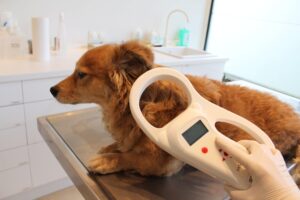
A simple, rapid, and low-cost method of keeping your pet safe is to microchip them. The microchip can assist in locating your pet if they are ever lost or stolen. A grain of rice is roughly the size of a microchip. They are scanned by a microchip reader after being inserted beneath the skin, typically in the space between the shoulder blades. A microchip scan can reveal your pet’s whereabouts if it gets misplaced.
Note: There might be affiliate links mentioned here. We may receive a commission if you purchase a product through an affiliate link. There is no additional charge for you. Please do your own research before making any online purchases.
Veterinarian the identity of your pet

Pets require food that specifically suits their nutritional requirements, just like people do. The nutritional needs of cats are met by cat food, and the nutritional needs of dogs are met by dog food. Crucially, they require somewhat different diets. Senior dogs and puppies have varied dietary needs. Health problems in pets may necessitate particular diets.
Give your pets 24/7 access to fresh drinking water

Pets must have easy access to water in order to survive, much like people. Every animal in your care should always have a fresh, clean bowl of water. Place it close to their food bowl to make it easier for them to reach, and don’t forget to fill their water bowl at least twice a day. Your pet will remain hydrated, cool, and healthy as a result. Aquariums should be cleaned at least once a week if your pet is a fish or turtle. If you don’t, your pets can become sick and your tank will smell.
Make sure your pet is vaccinated

Verify that your pet has received all of its recommended vaccines. The ones that are most significant to your pet should be current. Even if your pet is kept indoors, dogs, cats, rabbits, and even horses typically require routine immunizations. Even if you believe your pet is up to date on their immunizations, be careful to ask your veterinarian which shots are appropriate for them.
Buckle up your pet in vehicles
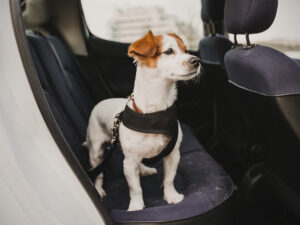
Pets should be restrained in some way whilst driving, just as people must wear seatbelts. In the event that the car’s airbags activate in an accident or the brakes are suddenly applied, dogs shouldn’t be left unbuckled in the front seat or even sticking their heads out the window. They might get seriously hurt or worse from this. It is recommended that small animals be transported in carriages that have seat belts fastened. For dogs, there are tiny cages that fit in the car boot and harnesses that clip onto seat belts.
Check your pet for fleas and ticks
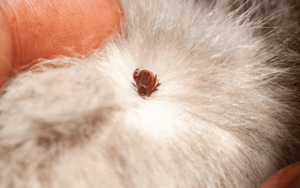
One of the most frequent reasons pets can be brought into the vet clinic is to check for ticks and fleas. If left untreated, fleas can also trigger an allergic reaction in certain animals, resulting in skin irritation, itching, and even hair loss. Getting your pet checked for fleas and ticks once a month is the most efficient method of keeping them free of parasites. A comprehensive inspection of your house, which can include the garage, attic, and other concealed spaces, is another option. For your house or, if necessary, your pets, your veterinarian can administer an anti-flea and tick medication. Additionally, medicines to prevent flea infestations are available.





